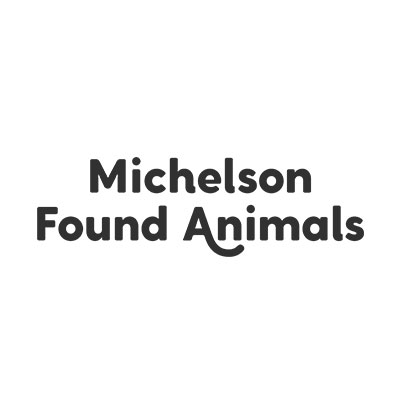Washington, D.C. (January 15, 2014) — The Human Animal Bond Research Initiative (HABRI) Foundation today announced that, after an extensive nationwide search, Steven Feldman has been selected to lead the organization as its executive director. An experienced association executive and public policy advocate with more than 20 years in the field, Feldman has worked in many related areas including wildlife conservation, animal welfare, healthcare and education.
“On behalf of all of our trustees and sponsors, we are thrilled to welcome Steven into the organization to help position HABRI for continued growth,” said Bob Vetere, president of HABRI. “Given his successful background in leadership and management in the public sector, along with his extensive knowledge and previous work in the zoo and aquarium industry, we are confident he will be a great asset in taking HABRI to the next level.”
Feldman replaces Steve Hellem of Navista, who had been contracted by HABRI to oversee the organization since its launch nearly four years ago.
“We truly thank Steve Hellem for all he has done to help HABRI get to where it is today,” said Vetere. “He has been a great asset and we look forward to growing HABRI on the solid foundation he has helped build with a full-time executive director.”
Prior to joining HABRI, Feldman served as senior vice president for external affairs for the Association of Zoos and Aquariums. He also worked at Powell Tate, a leading public affairs firm, and as a staff member in the United States Senate.
“It’s an honor to join HABRI because its mission is so critical to improving the lives of so many people,” said Feldman. “The Foundation has taken a leadership role in achieving more widespread recognition of the power of the human-animal bond to benefit the health of individuals and communities. I am grateful to the trustees and sponsors, and look forward to continuing the momentum they have created in advancing the research in this important area of health and science.”
Since its launch, HABRI has created the world’s largest database of human-animal bond related research, which can be found at www.habricentral.org. In addition, HABRI recently announced that, in conjunction with the Morris Animal Foundation, it will soon be awarding $300,000 in research grant funding for additional scientific research with a specific focus on the benefits of the human-animal bond in seven key areas of human health:
- Post-Traumatic Stress Disorder (PTSD)
- Cardiovascular Health
- Childhood Allergies/Immunity
- Depression
- Dementia/Alzheimer’s Disease
- Autism
- Neurological Disorders
With a new executive director in place, future growth for HABRI includes plans to launch a book series, Pets & People, in partnership with Purdue University and American Veterinary Medical Association (AVMA), geared towards helping health professionals apply human-animal interaction science to improve clinical practices.
Founded by The American Pet Product Association (APPA), Petco Animal Supplies Inc., and Zoetis (formerly the animal health business of Pfizer), HABRI is a broad coalition of companies, organizations, entities whose mission is to achieve formal, widespread scientific recognition that validates and supports the positive roles of pets and animals in the integrated health of families and communities, leading to informed decisions in human health.
For more information, visit www.habri.org or for media inquiries or interview opportunities, contact Brooke Gersich at brooke@theimpetusagency.com or 775.322.4022.
Contact
Jamie Baxter
jamie@theimpetusagency.com
775.322.4022
###





